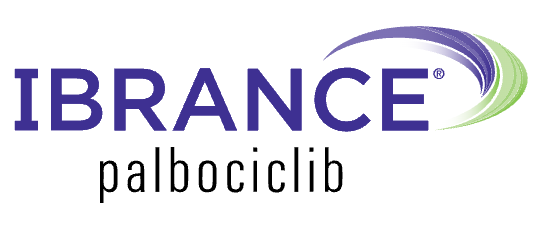Metastatic non-small cell lung cancer (NSCLC) is a challenging condition that requires targeted and effective treatment. Understanding the mechanism of action of ceritinib is crucial for both patients and healthcare professionals. This blog aims to provide insights into how ceritinib targets cancer cells and its role in the treatment of metastatic NSCLC.
Ceritinib is prescribed for adults with ALK-positive metastatic non-small cell lung cancer (NSCLC) who have previously received crizotinib therapy but experienced resistance or intolerance. Approximately 4% of NSCLC patients exhibit a chromosomal rearrangement resulting in the fusion of EML4 and ALK genes, leading to continuous kinase activity and cancer development.
Most patients develop resistance to crizotinib, prompting the development of second-generation ALK inhibitors like ceritinib. The FDA approved ceritinib in April 2014 due to its notable 56% response rate in crizotinib-resistant tumors and granted it orphan drug status.
Mechanism of Action
Ceritinib acts by inhibiting the activity of Anaplastic Lymphoma Kinase (ALK), also known as ALK tyrosine kinase receptor or CD246. In approximately 4-5% of non-small cell lung cancers (NSCLCs), there is a genetic rearrangement that creates a fusion gene between EML4 and ALK, leading to constant kinase activity and promoting cancer development.
Ceritinib works by blocking the autophosphorylation of ALK, the ALK-mediated phosphorylation of the downstream signaling protein STAT3, and the proliferation of cancer cells dependent on ALK.
Clinical Efficacy
Clinical studies have demonstrated the efficacy of ceritinib in the treatment of ALK-positive metastatic NSCLC. Research has shown that ceritinib is effective in patients who have progressed on or are intolerant to crizotinib, another ALK inhibitor. The ALEX trial, for example, has provided evidence of ceritinib’s efficacy as a first-line treatment in ALK-rearranged NSCLC, with favorable progression-free survival and response rates.
Pharmacokinetics
Ceritinib, administered orally, is efficiently metabolized in the liver and exhibits significant blood-brain barrier penetration. This characteristic is vital for treating central nervous system (CNS) metastases, a common occurrence in ALK-positive NSCLC. Understanding ceritinib’s pharmacokinetics is essential for optimizing dosing strategies and ensuring therapeutic effectiveness.
Safety and Tolerability
Like any medication, ceritinib is associated with potential side effects. Common side effects include gastrointestinal symptoms, fatigue, and changes in laboratory parameters such as liver enzymes and electrolytes.
Healthcare professionals closely monitor patients receiving ceritinib to manage and mitigate these potential side effects, ensuring the drug’s safety and tolerability.
Future Perspectives
As precision oncology research progresses, ALK inhibitors like ceritinib are expected to play an increasingly significant role in treating metastatic NSCLC. Current studies aim to refine ceritinib’s usage, exploring its effectiveness in combination therapies and its ability to address resistance to other ALK inhibitors. These future directions offer hope for enhancing outcomes in patients with ALK-positive metastatic NSCLC.
In summary, ceritinib’s role as an ALK inhibitor, its effectiveness in treating ALK-positive metastatic NSCLC, its pharmacokinetics, and its safety profile are crucial factors in treatment decisions. Understanding ceritinib’s mechanism of action empowers healthcare providers to make informed choices, benefiting patients. Continued research in this area suggests ceritinib and other ALK inhibitors will become even more integral in managing metastatic NSCLC. To check availability of Ceritinib in India(the generic version), interested individuals can contact the Patient Support Team at (+91) 9315705373 or via email at help@sansfro.com.



